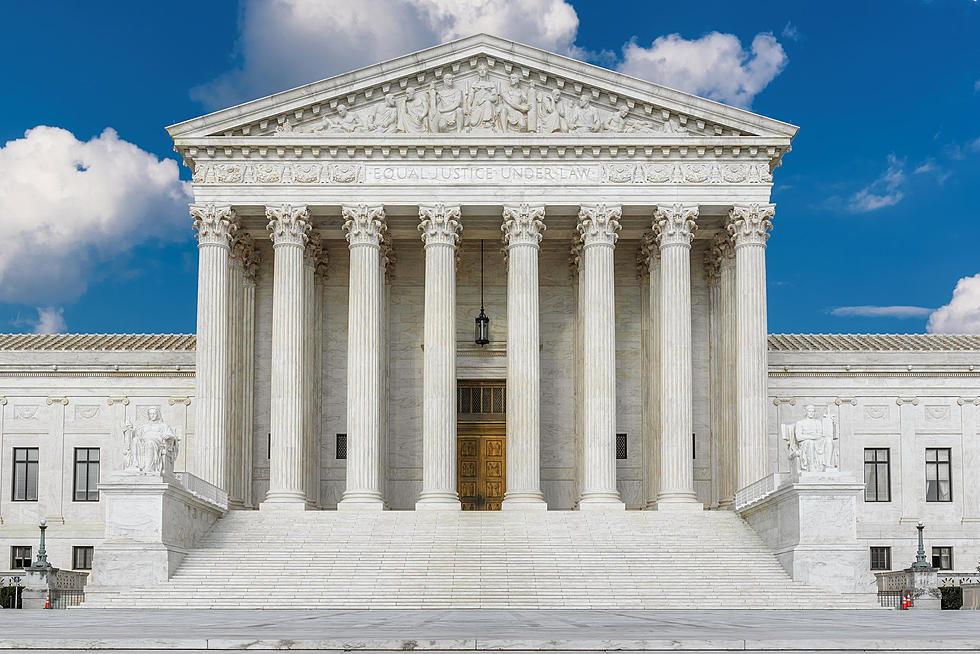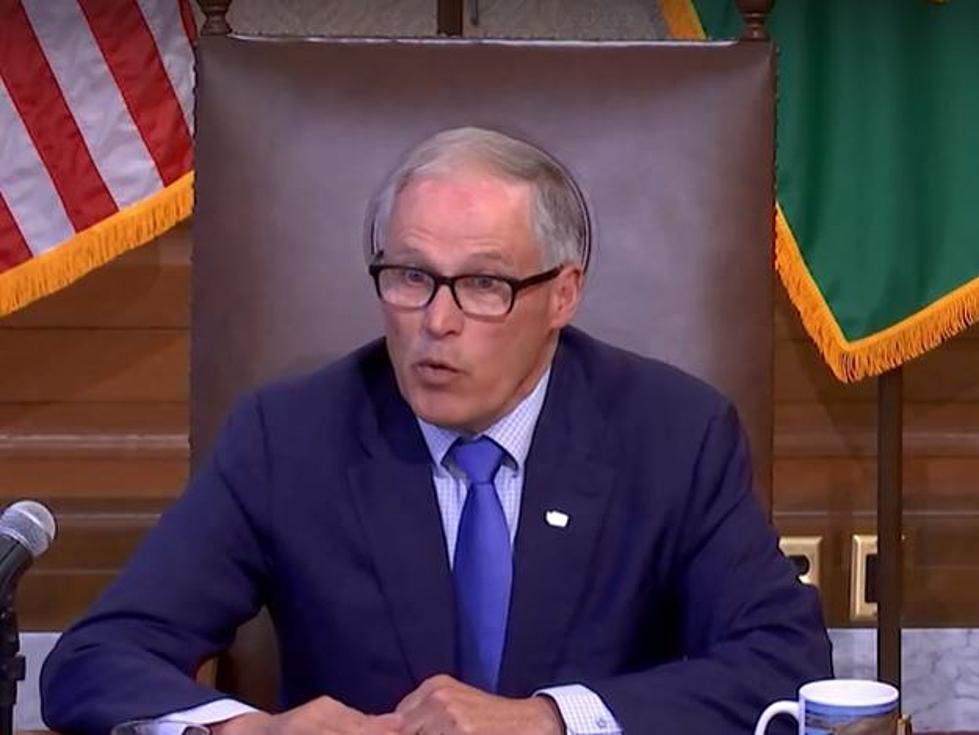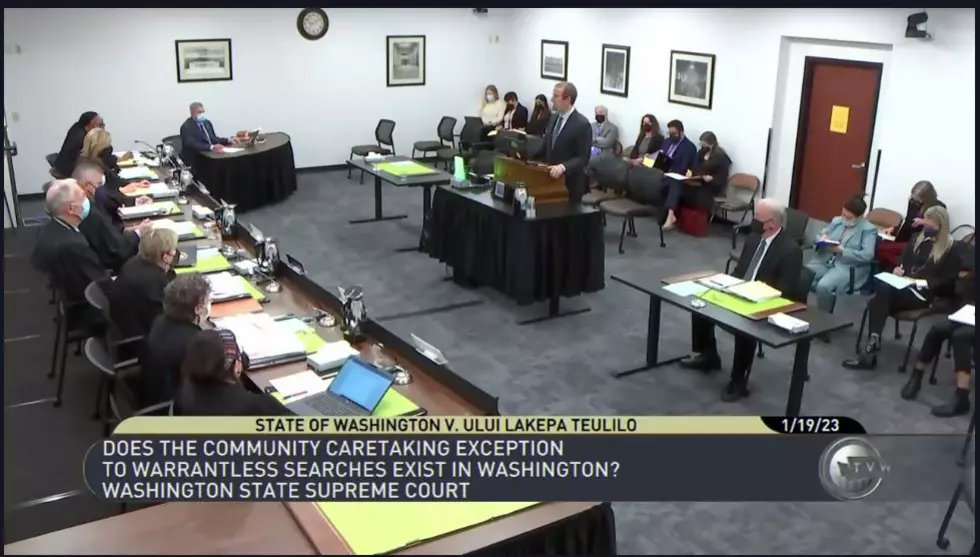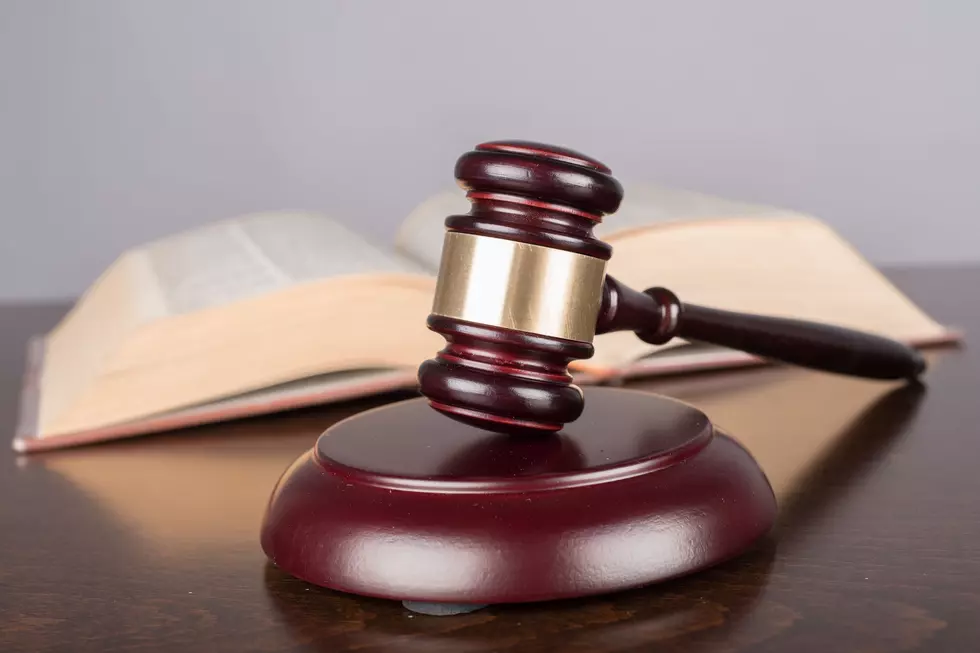
WA Supreme Court Hears Arguments In Capital Gain Lawsuit
The Washington State Supreme Court is set to decide the fate of the state's new capital gains tax after hearing arguments Thursday morning.
The law imposes a 7 percent tax on capital gains people make on sales of stocks or bonds totaling more than $250,000 in a year.
Attorney Rob Mekenna represented the plaintiffs opposed to the tax, and he says a previous Supreme Court decision backs up their argument that the law places a tax on property, which would classify as an income tax, which Washington does not have.
"Property is everything tangible and intangible, subject to ownership," said Mekenna. "And they concluded that income is a form of intangible property, subject to ownership, because to conclude otherwise would be to tell the people of this state they don't own their incomes."
Mekenna was referring to a 1933 state Supreme court decision that threw out a voter-approved graduated income tax in what’s known as the Culliton decision, saying it violated Washington’s constitution.
In March, Douglas County Superior Court Judge Brian Huber ruled that the new capital gains tax violated the state constitution. In that decision, Judge Brian Huber ruled it unconstitutional because the tax doesn’t apply to every resident uniformly, but only to those whose profits clear the $250,000 threshold.
In closing at Thursday's Supreme Court Hearing, Mekenna asked the court to uphold Huber's decision that the law fails to tax every resident uniformly. But he also asked the court to find the law to be a property tax.
And both sides spent the bulk of their time arguing whether the law imposed an income and/or property tax, and also whether it is an excise tax as the state claims.
Mekenna said capital gains taxes have been determined to be income taxes in virtually every case across the country.
"The capital gains tax is not an excise tax," said Mekenna. "It's an income tax. Every taxing authority in our nation, from the IRS on down treats taxes on capital gains as income taxes because capital gains are income."
Arguing in defense of the law, Washington State Solicitor General Noah Purcell said the law has no direct connection to property or income taxes.
"The fact that a person generates income by engaging in a transaction does not mean that a tax on that transaction becomes an income tax or a property tax, and this court's case law is very clear about that," said Purcell. "So, regardless of how you treat income, the fact that that transaction generates income does not turn this into a property tax."
He also argued against the plaintiff's claim that the capital gains tax is a property tax because it's based on profits. "The idea that, if something is based on profit, it must be a property tax, it has no basis in case law or in logic," Purcell said. "There's no case that says that. And so, they've kind of made that argument, but it just doesn't have a basis in case law."
Plaintiffs in the lawsuit include a number of individuals along with the Washington Farm Bureau and the nonprofit Freedom Foundation.
The conservative Freedom Foundation filed its lawsuit representing a group of state residents, including Chris Quinn of East Wenatchee. Another group of plaintiffs led by the Washington Farm Bureau included April Clayton, a tree farmer from Orondo.
Both suits were combined into one case against the state and the state Department of Revenue before being heard in the Douglas County lower court.
The tax is estimated to raise $445 million each year beginning in 2023 and would be used to fund K-12 education.
In November, the Supreme Court issued an order permitting the Department of Revenue to begin collecting the capital gains tax. It's decision on the lawsuit challenging the tax is expected in the upcoming weeks.
Solicitor General Noah Purcell asked the court to uphold the tax. He also asked for a decision quickly because the tax will start to be collected in April, and budget writers in the state legislature will need certainty moving forward.
More From NewsRadio 560 KPQ









